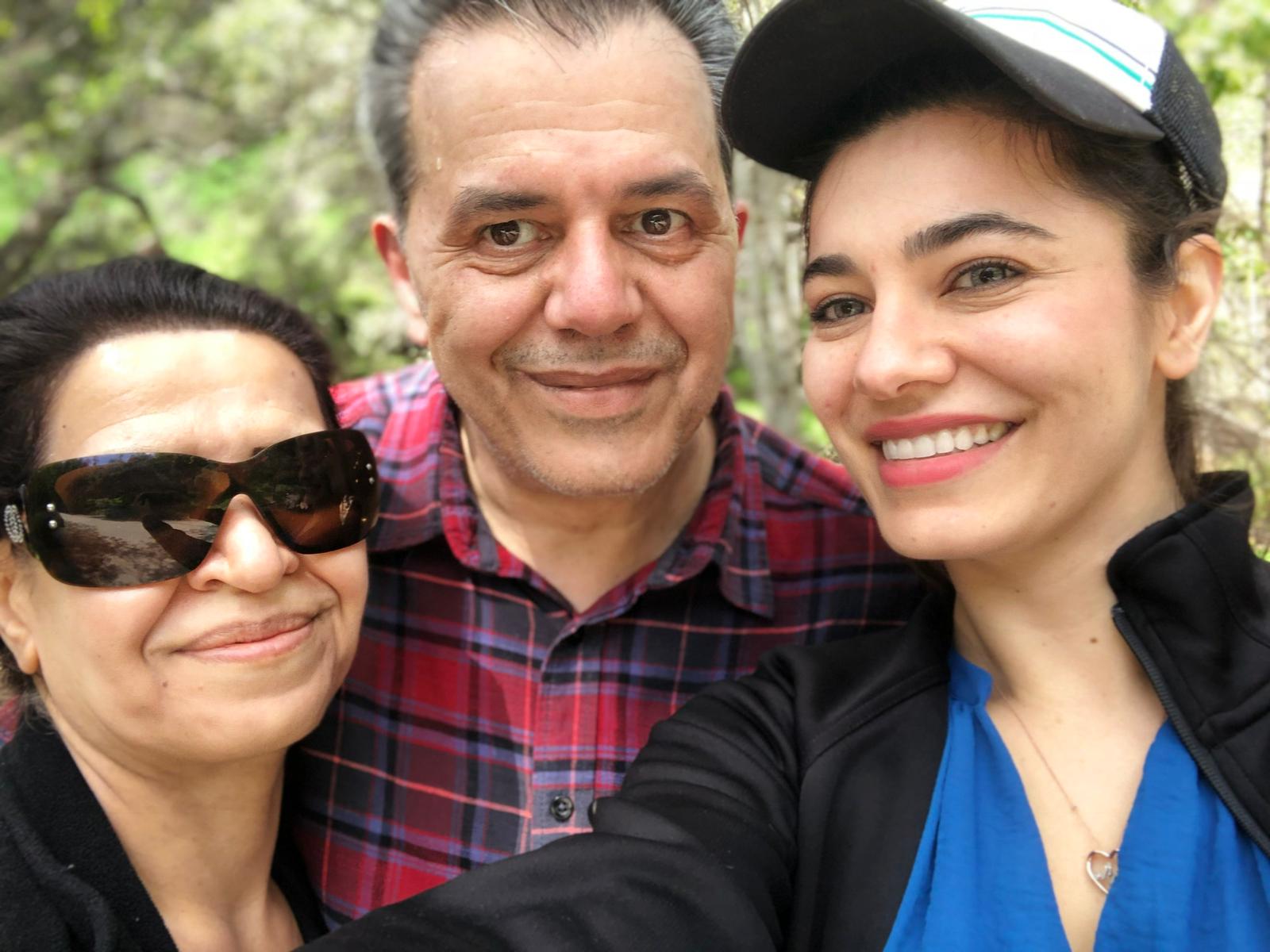CHRI – Iranian authorities are blocking Jamshid Sharmahd, an Iranian-born German man who has been detained in Iran since July 2020, a lawyer of his choice.

Instead, the Sharmahd family has been informed that they must pay $250,000 to a lawyer that has been approved by judicial authorities.
“We are going by news headlines,” his daughter Gazelle Sharmahd told the Center for Human Rights in Iran (CHRI), adding that her family is deeply concerned about her father’s health.
“And up until now, which is almost 10 months, our lawyer has not been able to see him or even get access to his case, not even once,” added Gazelle Sharmahd, who is based in California.
Jamshid Sharmahd suffers from Parkinson’s disease along with other health conditions that require medication.
Iranian authorities have refused to reveal the 66-year-old’s exact location and health status to his family, and have denied him German consular access.
Iran says it does not recognize dual nationality but Jamshid Sharmahd did not enter the country with an Iranian passport, according to his daughter, who said her father does not have an active Iranian passport.
Instead, he was abducted by intelligence agents in Dubai and forcibly taken to Iran, she explained.
Lawyer of Choice Blocked from Seeing Sharmahd, Accessing Case Files
Gazelle Sharmahd also noted that nearly a year after he was detained, her father remains without access to counsel. Meanwhile, a state-approved lawyer has asked for an exorbitant amount to take on his case.
“He said he is not going to do his job right if we don’t pay him a quarter of a million dollars,” she said, adding that her family could not afford the amount. “This is not counsel. This is a farce; it’s ridiculous.”
Detainees held under national security charges can be detained and interrogated while being denied access to counsel for months under the Note to Article 48 of Iran’s Criminal Procedure Regulations.
Lawyers who try to take on human rights-related and politically sensitive cases meanwhile continue to be denied access to their clients and case files, and some lawyers were imprisoned after criticizing the Note to Article 48, which flies against internationally recognized standards of due process.
Iran’s Constitution sets no limits or conditions on the right to counsel.
Article 35 states, “Both parties to a lawsuit have the right in all courts of law to select an attorney,” and according to Article 48 of Iran’s Criminal Procedures Regulations, people have the right to ask for and have a meeting with a lawyer as soon as they are detained.
However, the Note to Article 48 makes exceptions: “In cases of crimes against internal or external security…during the investigation phase, the parties to the dispute are to select their attorneys from a list approved by the head of the judiciary.”
The Iranian judiciary has not publicly disclosed the exact charges against Sharmahd, who was living in California before being abducted in Dubai and taken to Oman before being jailed in Iran, according to his family.
Iranian state TV aired video footage in August 2020, shortly after Sharmahd was forcibly transported to Iran, of him appearing to confess, while blindfolded, to a 2008 terrorist attack in the Iranian city of Shiraz that killed 14 people wounded more than 200.
The state-run Islamic Republic of Iran Broadcasting (IRIB) has a long history of broadcasting forced confessions.
Typically well-staged productions, they are used to defame dissidents, intellectuals, and other individuals whom the authorities wish to discredit, legitimize their prosecution, and amass public support for their sentences.
A software engineer by trade, Iranian state media outlets have accused Sharmahd of being the leader of the exiled monarchist opposition group, Tondar, which aims to overthrow the Iranian government.
His family has strongly denied the charges and asserts that Sharmahd simply runs the group’s social media and was not involved in the 2008 bombing.
Nearly one year after he was detained, Sharmahd has also not been allowed to talk to his family over the phone privately. Instead, their conversations occur with agents standing around Sharmahd, Gazelle Sharmahd told CHRI.
“Nobody in the last 10 months has seen him physically, we don’t have a picture of him, we only hear his voice,” she said. “I can hear he is tired, I can hear pain, I can hear coughing… there are always interrogators right next to him.”
“As far as I know, he has not been to court,” she added. “He is still in the process of investigation and that’s why they’re saying that’s why they’re not allowing any lawyers on his case.”
Health Conditions “Rapidly Advancing”
Gazelle Sharmahd said her father’s Parkinson’s Disease has been “rapidly advancing” and that his diabetes had worsened since being detained.
She added that besides his immediate release, the family wants him to be allowed basic rights including access to counsel of his choice and access to his case files, proper medical treatment, and consular access.
“He should not be there in the first place; he was kidnapped, which is an international crime and no government should be allowed to do that,” Gazelle Sharmahd said.
“His place of detention should be revealed and not hidden,” she added. “The German government should continue their efforts to get my father back to Germany where he belongs unconditionally and immediately.”
At least 15 dual nationals are currently detained in Iran without due process.
 Shabtabnews In this dark night, I have lost my way – Arise from a corner, oh you the star of guidance.
Shabtabnews In this dark night, I have lost my way – Arise from a corner, oh you the star of guidance.



